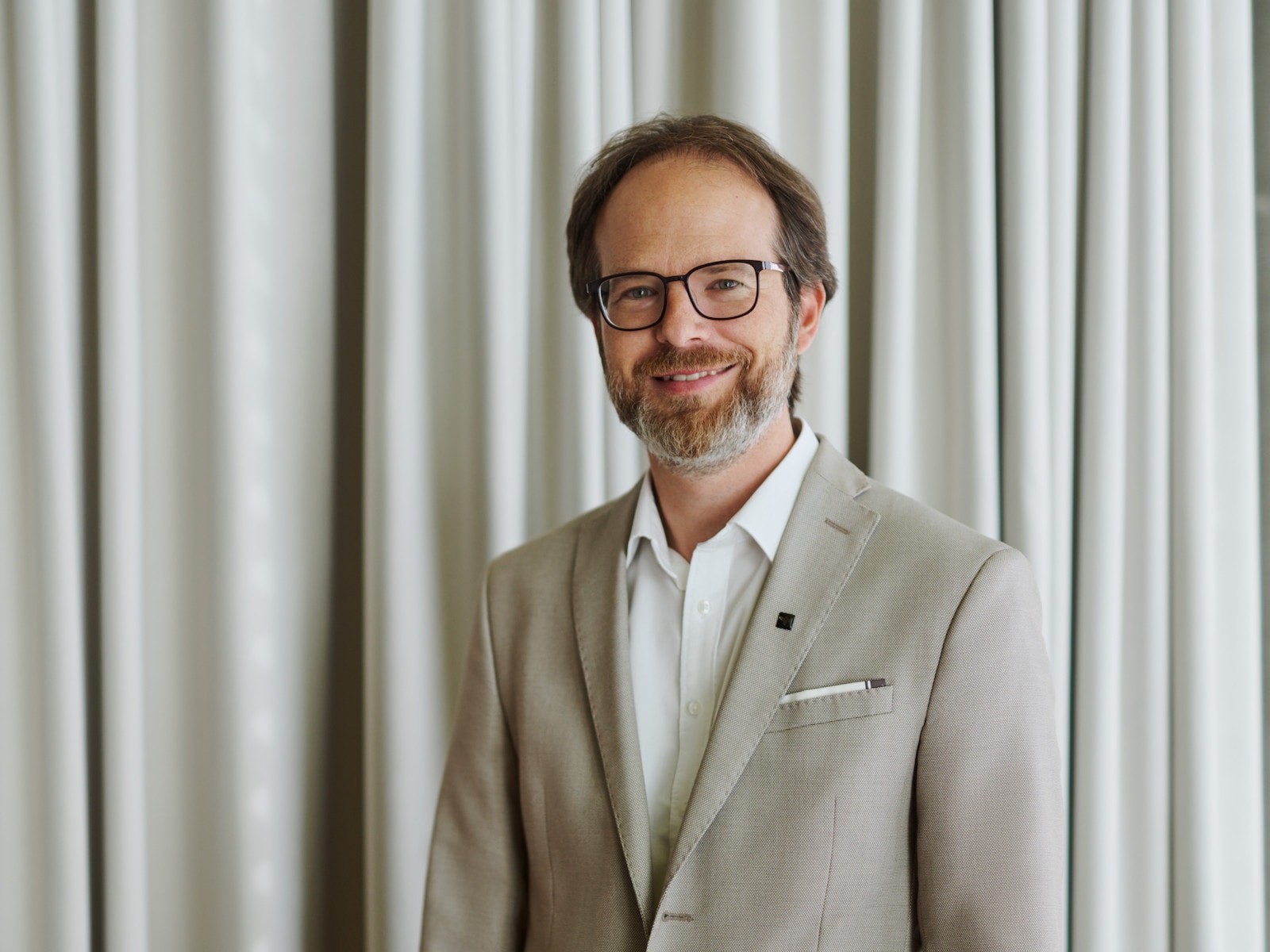European conference of public benefit foundations held in Vienna – 400 guests turned Vienna into “capital of philanthropy”
Vienna, 21 October 2021 – The annual conference of the European Foundation Centre (EFC) came to a successful close yesterday. For three days, discussions among around 400 representatives of philanthropic foundations and organisations across Europe focused on trends and possible solutions to topical challenges. In addition to several plenary sessions and discussion rounds covering four thematic tracks (Climate, Democracy, Philanthropy, and Society), 17 coffee house talks were held on Tuesday, which took the guests to selected locations in Vienna where public benefit foundations are active. Several themes emerged across the discussions. Numerous participants recognised the critical need for diversity within the sector to bring new ideas and different perspectives to the table. They also called on philanthropic foundations to shift their power through more participatory grantmaking and increased support of local initiatives. Intersectionality as well as adopting an approach that involves a range of partners from different sectors are further trends that will increasingly determine the daily work in the future. Philanthropy needs to walk the talk – time is running out, especially when it comes to climate change.
Delphine Moralis, CEO of the European Foundation Centre since 2020, provided a positive summary of the conference: “Coming out of the lockdown phase of the Covid crisis and meeting face to face for the first time in over two years has given us a real sense of urgency in tackling the issues confronting us – from the climate crisis to societal issues and threats to democracy. At the same time, there has been a palpable sense of hope, of agency over these three days, a sense that by working together we can unleash the full potential of philanthropy at this critical time.”
Four panels: “sensemakers” with a “sense of urgency”
In the following discussion round, the moderators of the four thematic tracks (Climate, Democracy, Philanthropy, and Society) summarised the most important findings and results of the discussions over the past three days.
Drawing from the discussions on the climate crisis, Liz McKeon (Portfolio Lead Climate Action at IKEA Foundation) emphasised the importance of recognising how interconnected we all are, and how we cannot make progress alone. She urged guests to take forward the collaborative energy shown over the conference and become bold “sensemakers”.
Lakshmi Sundaram (Executive Director of Open Democracy), who hosted the “Democracy” track, stressed how important it is to finally recognise philanthropic foundations as political actors – whether they want to be or not. She also talked about the need for a greater and deeper understanding of the urgency of many issues and the impact on marginalised groups. It is essential for success to translate ambitious abstract goals into genuinely effective activities, she added.
Lucy Bernholz (Senior Research Scholar & Director Digital Society Lab at Stanford University) guided guests through the “Philanthropy” track. She called on the audience to be uncomfortable; the pandemic generated discomfort and a sense of unfamiliarity with things we had previously taken for granted. She urged actors in the sector to use this to work and think in new ways and to face up to the fact that there are numerous well organised and active forces pushing against the changes philanthropy wants to make.
Claire Boulanger (Solidarity Expert at Fondation de France) moderated the “Society” track. She praised the inspiration and energy she had seen over the course of the three days and urged participants to take this forward. She particularly stressed the importance of empowerment and active participation of partners with lived experience of the issues philanthropy is tackling. The panellists in this track also attached increasing importance to another topic: the growing polarisation of society.
Final plea by Kumi Naidoo
This was followed by an inspiring and personal closing speech by world-renowned activist Kumi Naidoo (Global Ambassador for Africans Rising for Justice, Peace & Dignity), who called for concerted and determined action against injustice. He believes that privileges, particularly those held by foundations, entail a special responsibility – to courageously accept risks, to fail and to learn before trying again. The philanthropic sector will have to take more risks if it wants to attract top talent to get involved and become active in achieving its ambitious goals.
ERSTE Foundation CEO Boris Marte and conference chair Franz Karl Prüller closed the conference by thanking the guests and all those involved in its organisation. The next European conference of public benefit foundations will be held in Barcelona in 2022. Recordings of the opening plenary (youtu.be/lgYa76l0Hkg) and the closing plenary (youtu.be/gwvYAhNqGCM) are available online. General information on the event in German and English is available at: science.apa.at/medienkooperation/erste-stiftung/.
About the conference: October saw this year’s annual conference of the European Foundation Centre held in Vienna for the first time. The event in the Austrian capital was organised by a host committee chaired by ERSTE Foundation and including the Verband für gemeinnütziges Stiften (Association of Public Benefit Foundations), the Caritas Foundation Austria, the Central European University Budapest Foundation, the Essl Foundation, the European Forum Alpbach non-profit private foundation, the Katharina Turnauer Private Foundation, Nadace České spořitelny, Nadácia Slovenskej sporiteľne, Porticus, the Robert Bosch Stiftung and the Stiftung Mercator.
Picture gallery can be found at the APA-Fotoservice
Further inquiries & contact:
Thomas Goiser
M: +43 664 2410268
thomas@goiser.at
ERSTE Foundation – Communications
Maribel Königer
M: +43 664 8385341
maribel.koeniger@erstestiftung.org
Cover picture and all photos of the gallery: © ERSTE Foundation / APA-Fotoservice / Richard Tanzer
Opening Plenary of the EFC Annual Conference 2021 in Vienna

By loading the video, you agree to YouTube’s privacy policy.
Learn more
Closing Plenary

By loading the video, you agree to YouTube’s privacy policy.
Learn more



